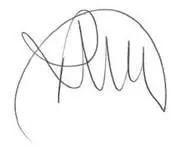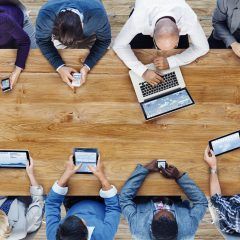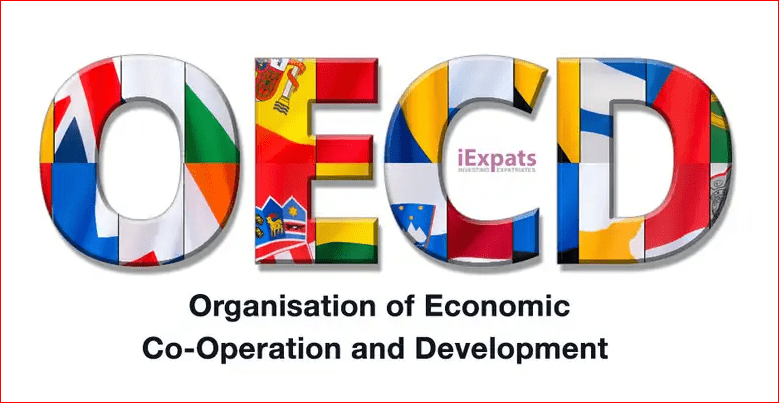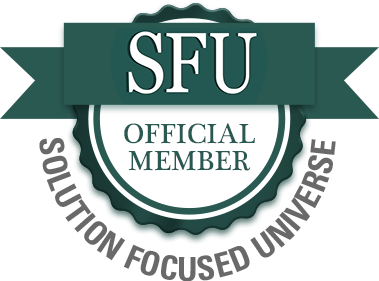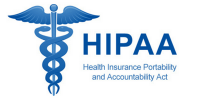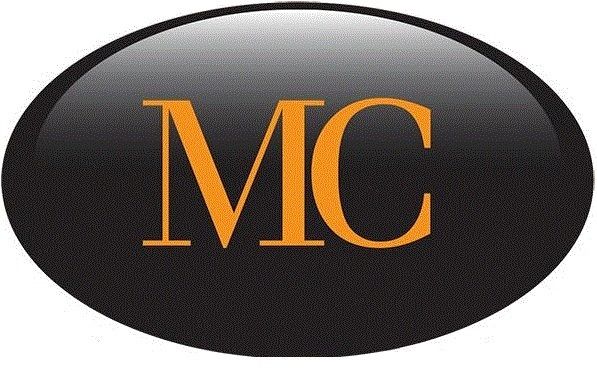We have the ability to sense changes, then why don’t we act accordingly?
We all have the ability to sense when things around us are and have changed. In business it is critical we evaluate RISK, as a component of conducting our relationships. With our families, we seek to manage each and every encounter in order to optimize pleasure of our experiences. As we move through life it is the accumulation of these experiences that tell us about our selves. How capable are we in making good decisions and helping us to develop a ‘library’, of experiential encounters that can be used to guide future decisions and actions.
So what can we learn from horticulture. Give it a name and go deep to realize just how important this perspective is, botany, arborist, agriculture, pomology and olericulture to begin to name a few aspects of a very needed element for our existence.
Let’s start with our senses that we use when we enter a room. Before a word is exchanged with those in the room, we are evaluating how safe we are, who we feel comfortable approaching and who we do not wish to communicate with. For those who tender houseplants you know the signal plants give off when they are wilting. Could this be identified as the withdrawal of a partner, friend or colleague in the workplace?
Another comparison, is the direction a plant points itself in a room, towards the light. Photosynthesis is the reason. Sunlight turns into energy as food for the plant. This is similar to our behavior of being initially attracted to someone, or feeling secure with someone and even drawing support or camaraderie from our healthy relationships.
A third example is the juxtaposition of plants that compliment one another. Note, there are 6 primary types of plants and some 391,000 species. As far as humans are concerned, we get to select where we live, although not so much whowelivenext too. The notion of the ‘Green-Thumb’ can be used to make such relationships palatable.
It is not the comparison nor matching of human behavior with that of plants that is important. It is our sensory ability to recognize when something is wrong that is most significant, it is the use of our senses that we can develop that serves our interests. Developing a keen sense about people is critical as we form both personal and professional relationships that is critical to minimize RISK By developing a healthy ‘library’, of experiential encounters we can create self assurance, dignity and respect for those we allow into our lives.

